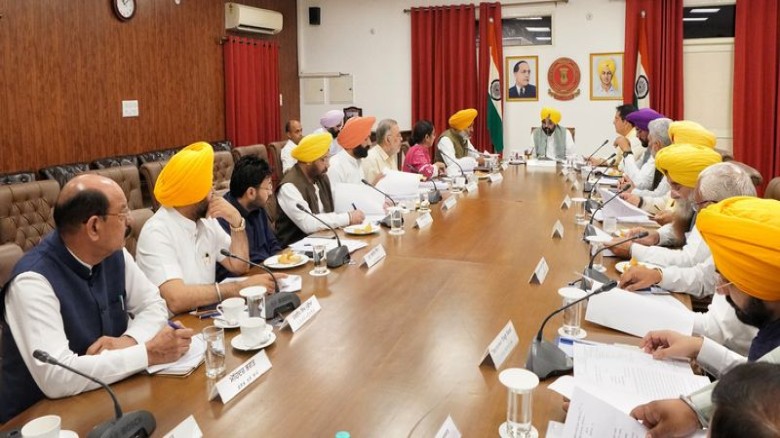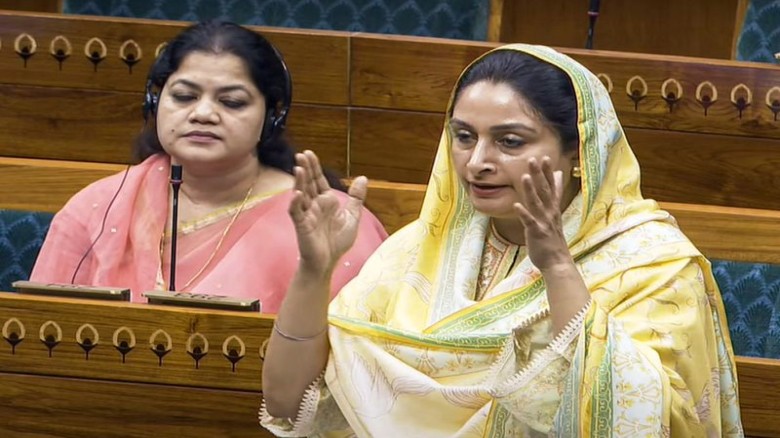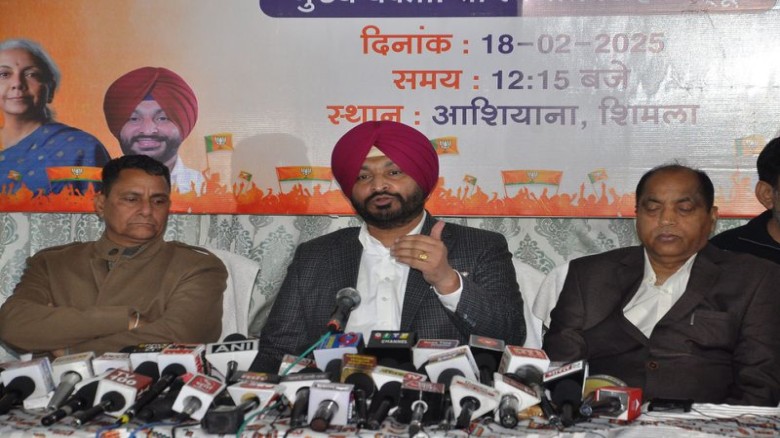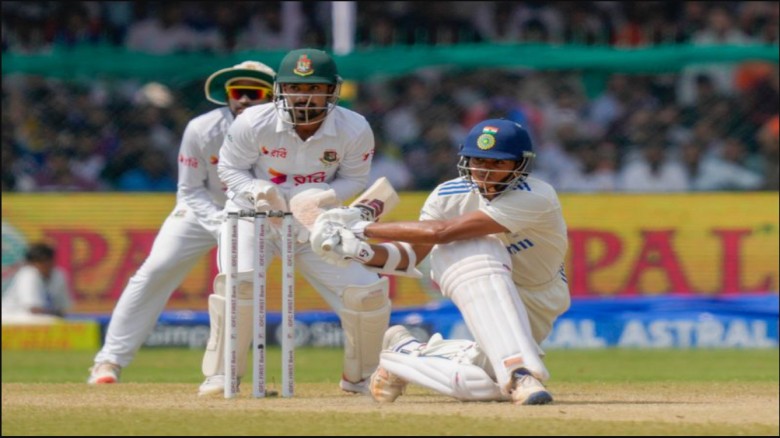Caring for Children: Expert Advice from Dr. M.S. Bhutani on Vaccinations, Nutrition, Allergies, Development, and Screen Time
In a candid conversation with Avneet Kaur, renowned paediatrician and president of the Indian Medical Association (IMA), Jalandhar, Dr. M.S. Bhutani offers valuable insights into some of the most common concerns parents face when raising newborns and young children. From dispelling vaccination myths to addressing screen time, nutrition, and developmental milestones, Dr. Bhutani shares expert advice to support healthy childhood development.
Q: Vaccinations are a major concern for many parents. What are the most common myths, and how do you respond to them?
Dr. Bhutani: One of the most frequent worries I hear from parents is whether vaccinations are truly necessary and whether they pose any serious side effects. There's a lot of fear around vaccines harming a child's immune system or causing long-term issues. I always explain that vaccines are vital for preventing life-threatening diseases and that most side effects—such as mild fever or soreness—are temporary and minor. Severe reactions are incredibly rare.
I emphasise that every vaccine is important—none are optional. Prevention is always more effective and affordable than treatment. Moreover, having a complete immunisation record is not only essential for a child's health but also required for school admissions and higher education, including institutions abroad. Once parents understand the science and the long-term benefits, they usually trust our guidance. Clear and honest communication is key.
Q: What are the most common nutritional mistakes made during early childhood, and how can parents promote a balanced diet?
Dr. Bhutani: A major mistake is not exclusively breastfeeding during the first six months. Some parents introduce cow's milk too early or add salt and sugar before it's safe. I always advise that breast milk alone is sufficient and ideal during this period, as it provides complete nutrition and boosts immunity.
After six months, it's important to introduce homemade, semi-solid foods gradually. Excessive dependence on milk after infancy can lead to imbalanced nutrition. A healthy diet should include a variety of vegetables, fruits, pulses, and carbohydrates. By the age of two, breastfeeding should be phased out to encourage independent eating habits. Small, frequent meals are best for maintaining energy and supporting steady growth.
Q: Allergies in children are on the rise. What are the main causes, and can they be prevented?
Dr. Bhutani: Diet plays a significant role. The growing intake of fast food, fried items, and frozen meals—loaded with preservatives and artificial additives—is a major contributor to allergies. Encouraging home-cooked, fresh meals not only lowers the risk of allergic reactions but also promotes better overall health. Parents should prioritise clean, natural foods and limit processed items as much as possible.
Q: How can parents distinguish between normal developmental differences and signs of delay?
Dr. Bhutani: While children do develop at different rates, there are some red flags that should not be overlooked. If a child loses previously acquired skills, doesn't respond to verbal cues, is excessively self-focused, or constantly demands attention, it may be cause for concern.
Other signs include a lack of playfulness, unresponsiveness, or failure to meet age-appropriate milestones. In such cases, it’s important to consult a specialist early. Early diagnosis and intervention can significantly improve outcomes for children facing developmental challenges.
Q: In today's digital age, how can parents manage screen time effectively?
Dr. Bhutani: Completely avoiding screen time may not be practical, but limiting it is essential. Excessive screen exposure is linked to developmental conditions like ADHD and autism. Instead of using screens as a primary source of entertainment, children should be encouraged to participate in hands-on, real-world activities—like outdoor play, reading, painting, music, drama, and travel.
Above all, children need the presence and attention of their parents more than material gifts. Meaningful interaction strengthens family bonds and naturally reduces screen dependency. The goal should be to create an engaging environment where children prefer active, creative experiences over passive screen use.
Conclusion:
Dr. Bhutani’s expert guidance offers a reassuring and practical roadmap for parents navigating the early years of their child's life. With a strong focus on education, communication, and conscious parenting, his message is clear: nurturing a child’s health—physically, emotionally, and mentally—requires informed choices and personal involvement.






































































Leave A Comment